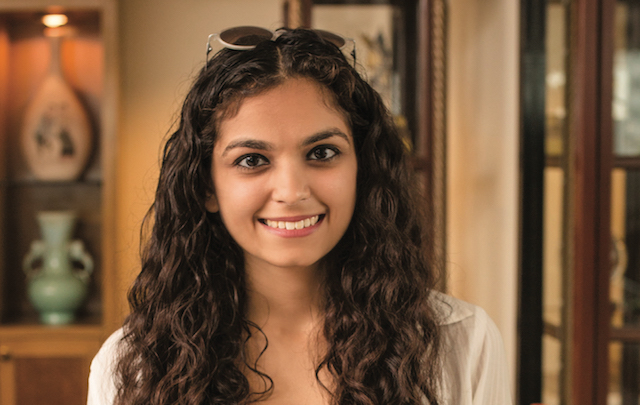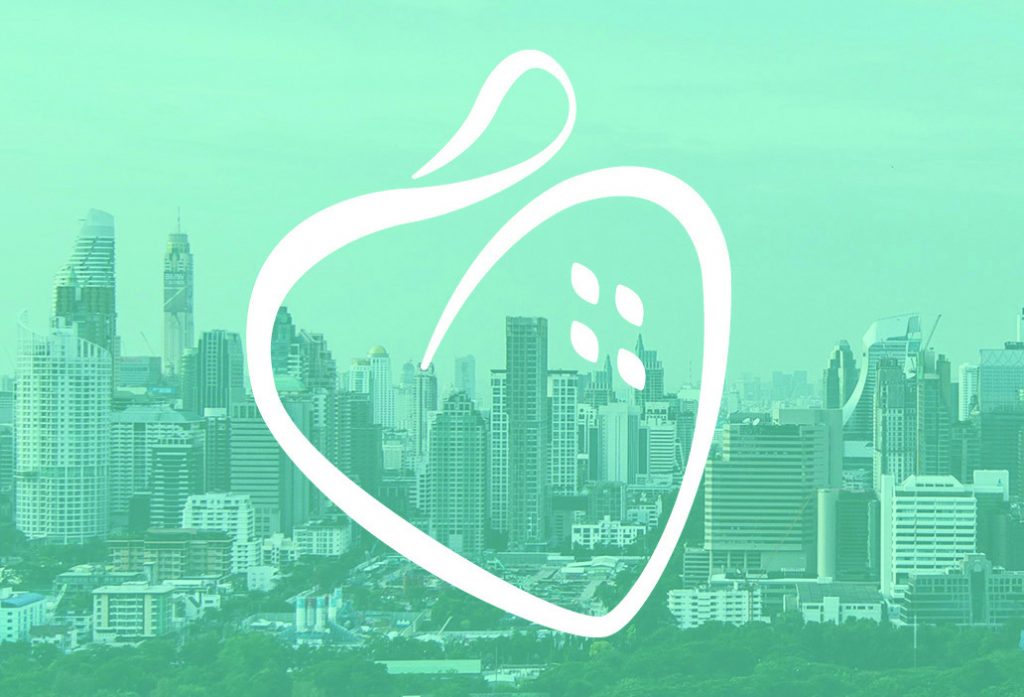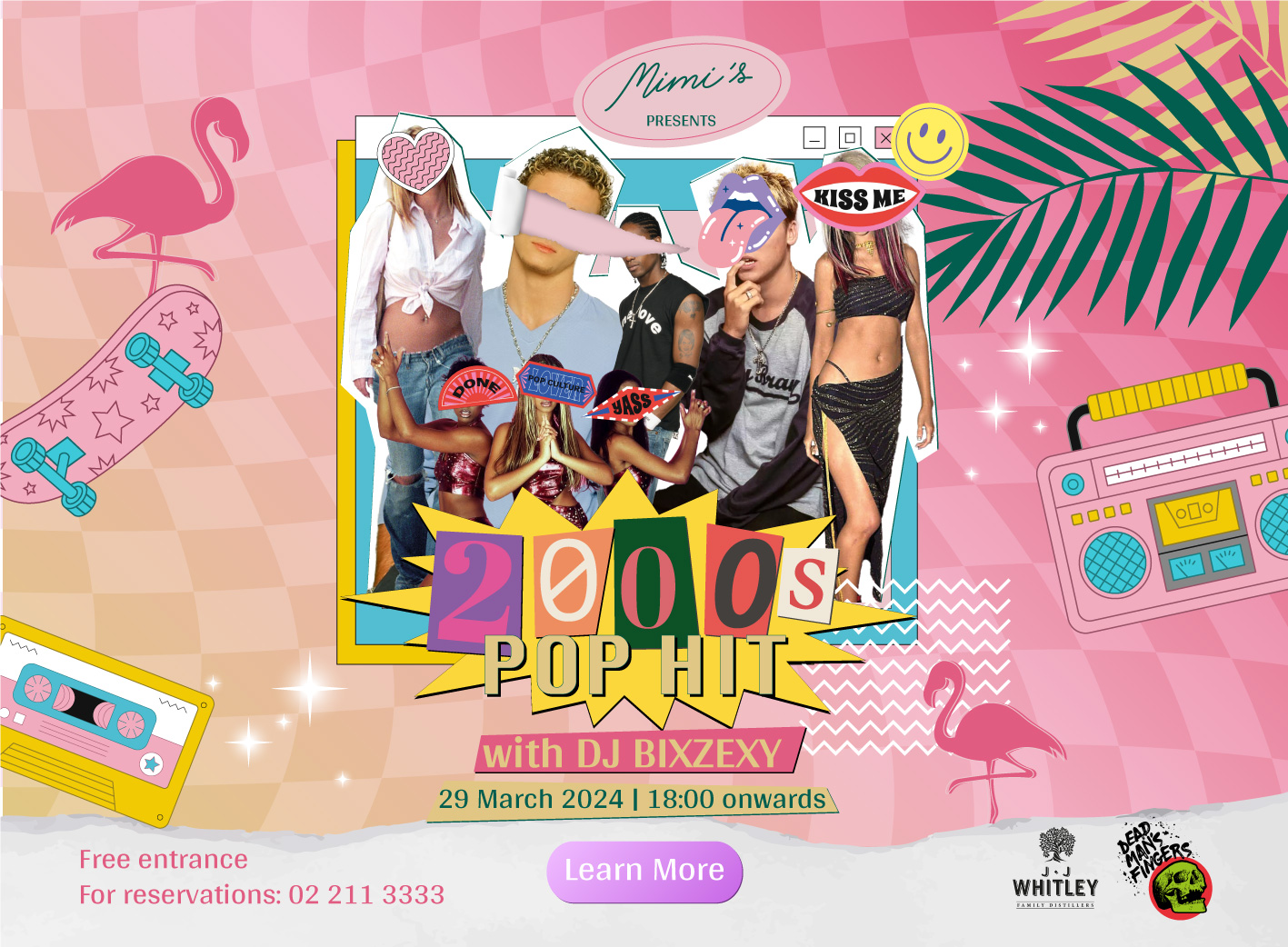Monisha Bajaj speaks to Masala on ending interpersonal violence and creating a safer world.
By Christy Lau
In our society, there are fewer topics more taboo than that of sexual assault and violence between couples. But for the Founder and Managing Director of Ruam Chuay, Monisha Bajaj, that’s all the more reason to keep fighting the stigma surrounding this controversial matter.
Launched in August this year, Ruam Chuay, which translates to ‘collective support,’ is a non-profit organisation that seeks to address interpersonal violence between individuals, creating the stepping stones for a healthier community through conversation-making workshops given at local international schools and universities. Currently pursuing a certification in Restorative Justice from Simon Fraser University and working as a Content Marketing Strategist, there’s no one better equipped than Monisha to run an initiative like Ruam Chuay.
What’s more is that this trailblazer has always been passionate about undoing the injustices that exist in our culture, as prior to her recent endeavours, she also spent the last five years spearheading campaigns that raise awareness on violence against women with Soroptimist International of Bangkok (SIB), a philantrophic organisation that works to transform the lives of women and girls.
Completely eradicating interpersonal violence may seem like an impossible task, but Rome wasn’t built in a day, and Monisha’s organisation hopes to be the guiding light that paves the way to a better world.
Was there a particular experience that led to your interest in violence prevention?
It wasn’t one particular experience, but rather it was the accumulation of many different experiences that made me realise that this is a serious problem in our world. Growing up here in Bangkok, I had observed certain behaviours between people that didn’t seem quite right. It wasn’t until I was studying at the University of Southern California (USC), and receiving all the training that came with my leadership roles on the student government board, that I was finally able to put a name on the experiences that some of my friends had, whether it was harassment or some form of assault. It felt powerful and that’s what I wanted to bring back to my community.
Why did you feel this was something that needed to be addressed here in Thailand?
I started Ruam Chuay because it’s the conversation I wish I had in high school. I read a 2016 UNICEF report titled “Review of Comprehensive Sexuality Education in Thailand,” which revealed that gender equality, sexual rights and power are not covered consistently across Thai schools. I found that study when I was running workshops for SIB and I realised I was filling a gap. That propelled me to want to share our programme with more schools, but I knew it had to be adapted to fi t in with our local culture. Right now, we are at a stage where we are not even talking openly about these subjects yet, so our programmes are very much about engaging people in conversation as a starting point.
How common is gender-based violence in Thailand?
Pretty common. A 2016 survey by the Women and Men Progressive Movement Foundation found that 45 percent of Thai men have admitted to physically hurting their spouses or girlfriends. I suspect one of the reasons it’s more prevalent here is the silence on the subject due to fear and shame.
Why do you think there is a lot of fear and shame surrounding this topic?
When I say fear, I would also add confusion. In the media, we are seeing so many sexual assault cases and people are openly speaking out about their first-hand experiences. As a culture, we are starting to see just how widespread this issue is. Now, a lot of students in the workshops ask me how they can protect themselves. The fear lies in not knowing what to do and not having safe enough spaces to address the issue. We aim to counteract this and create clarity through educational programmes. This equips people with the vocabulary and tools they need to prevent and respond to incidents of violence.
Can you tell us a bit more about the programmes you offer?
Our programmes span all generations. Our signature consent workshop is active prevention and is meant for high school and university students. Consent is about learning to respect the boundaries of others and learning how to articulate your own boundaries, and that doesn’t just apply to sexual situations. We break down that topic and have skill-building exercises to help students recognise unhealthy relationship behaviours.
Then we have talks that are directed at an older audience, which are usually held at workplaces or organisations, like the Rotary Club of Bangkok. Finally, we have facilitated discussions that get a group of people to form a think-tank. This is how you get a more community driven solution to a problem.
What is the most meaningful aspect of running Ruam Chuay?
There are moments in a workshop where I see change happening and those are the most meaningful. During one discussion, a boy spoke up and said, “I thought that boys were supposed to be aggressive.” That moment was so powerful for me, because I realised we had changed the perspective of this one young man, who now knows that he can articulate his own boundaries and that aggression is not a prerequisite for being a man. Moreover, I know the more people we talk to, the more we can create a cultural shift.
Why did you decide to pursue a certificate in Restorative Justice?
After I decided to establish Ruam Chuay with my team, I wanted to run the organisation in a way that would allow us to ensure sustainable change and help measure our impact.
Restorative Justice is a practice that is both prevention, as well as a holistic response to wrongdoings in our society. It’s a shift from the way we have been doing things because it looks at repairing damage done to people in relationships. I felt it made a lot of sense for Ruam Chuay, since our purpose is to help people foster safer relationships.
What do you hope to achieve long-term with Ruam Chuay?
Right now we are in harm prevention, but in the future we hope to be able to expand beyond that and deliver response programmes, bringing Restorative Justice to workplaces and schools.
To reach out to Ruam Chuay for any talks or workshops, please send them a message through their website at www.ruamchuay.org







